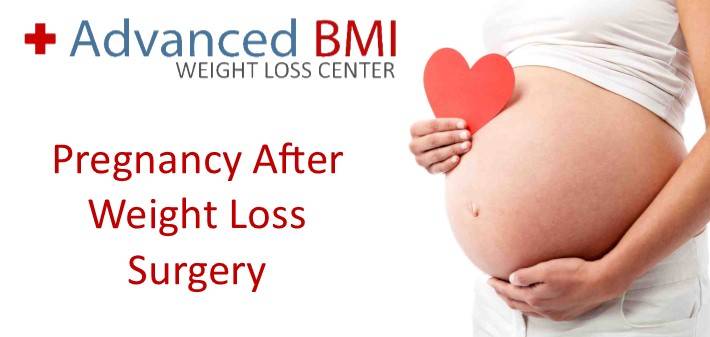Pregnancy after weight loss surgery is a major subject of studies. Researchers have found that the benefits of weight loss surgery extend beyond women’s health and affect their future children. Undergoing weight loss surgery before pregnancy makes future children healthier and at less risk of obesity-related conditions.
Risks of pregnancy when obese
Compared to women of healthy weight, obese women who are pregnant are more likely to:
- Have chest infections
- Have headaches and migraines
- Suffer from heartburn
- Be depressed
- Have gestational diabetes
- Have infections of the genital and urinary tracts
- Have emergency caesarian delivery
In contrast, pregnancy after weight loss surgery has been linked to the following:
- Lower complication risks such as gestational diabetes
- Lower likelihood of premature delivery
- Better chances of healthy birth weight
- Lower risk of high blood pressure
The benefits of weight loss surgery affect not only the mothers during pregnancy, but also their children. A study conducted by Canadian researchers at the Laval University in Quebec followed 50 children from 20 mothers: the children were equally divided between being born before their mothers had weight loss surgery and after the surgery.
The study found that children had lower health risks when their mothers had had surgery to lose weight such as the gastric sleeve, gastric bypass, gastric plication, or gastric banding.
Children who were born before their mothers had weight loss surgery had elevated risks of cardiovascular disease, obesity, and high blood pressure, among other conditions.
When is it safe to become pregnant after weight loss surgery?
Patients usually experience tremendous weight loss within the first year after weight loss surgery. During this time, they might also have a deficit of some vital vitamins and minerals such as iron and calcium among others. This is why it is not recommended for a woman to get pregnant during the first year or 18 months after her surgery, as it would be difficult to ensure that both she and her baby get adequate nutrition and the substances necessary for the development of the fetus.
So, if you are considering pregnancy after weight loss surgery, be careful to consult with your bariatric doctor and nutritionist to make sure that you are not jeopardizing your health or your baby’s health.









